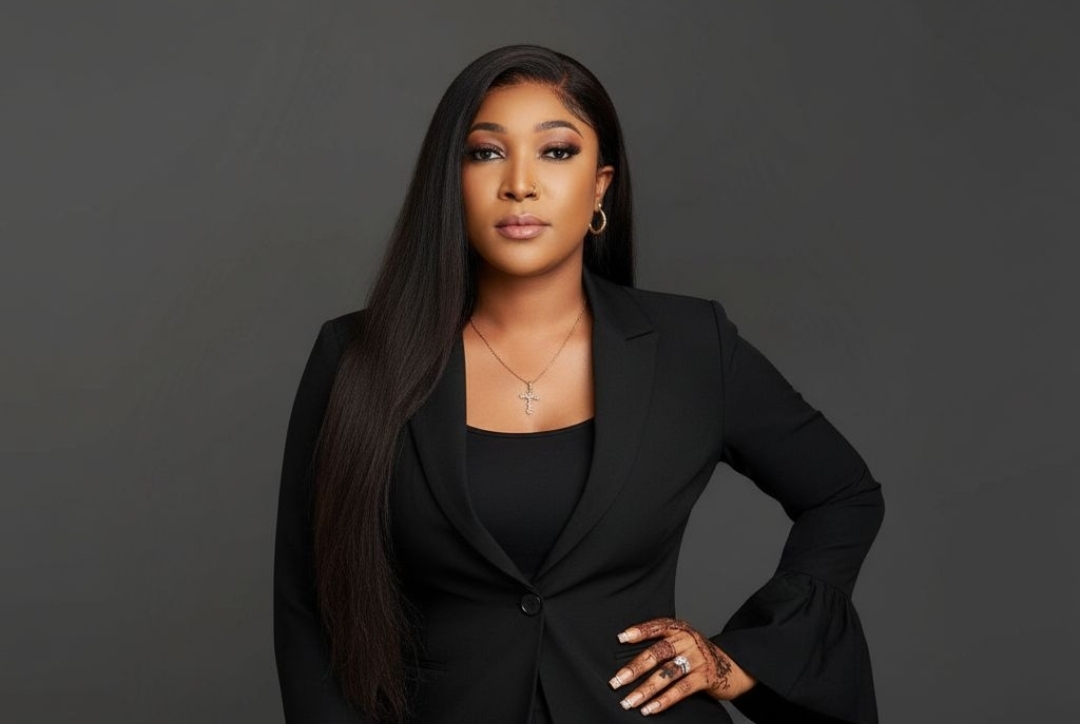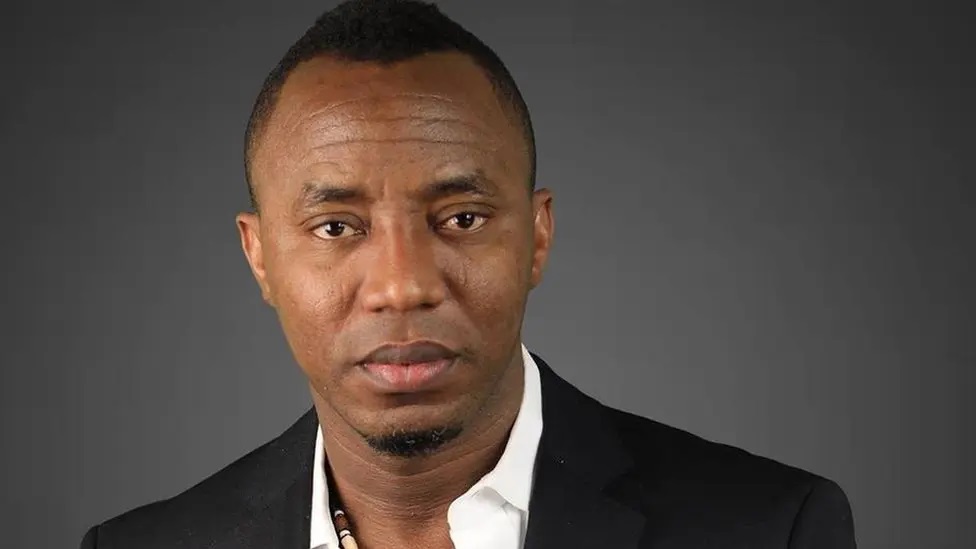In a significant ruling, the U.S. Supreme Court has upheld the Indian Child Welfare Act of 1978, a federal law that gives preferences to Native Americans and tribal members in adoption and foster care placements of Native American children. The court rejected a challenge claiming that certain provisions of the law were racially biased against non-Native Americans. The 7-2 decision overturned a lower court’s ruling that found the requirement of giving preference to “other Indian families” unconstitutional under the equal protection clause of the U.S. Constitution.
The Supreme Court justices determined that the plaintiffs, the state of Texas and three non-Native American families, lacked the necessary legal standing to bring the case. Additionally, the court dismissed specific challenges to the Indian Child Welfare Act on other grounds. This ruling follows a recent decision by the court to reject an electoral map in Alabama that diluted the voting influence of Black voters, reaffirming the protection of racial minorities.
The Indian Child Welfare Act was enacted by Congress to address the historical practice of separating Native American children from their families and placing them with non-Native American families. Court documents indicate that, at the time the law was passed, a significant number of Native American children, ranging from 25% to 35%, were removed from their families in states with substantial Native American populations.
In her opinion, Justice Amy Coney Barrett, a conservative justice, emphasized that all challenges to the statute were rejected, some on their merits and others due to lack of standing. Justices Clarence Thomas and Samuel Alito dissented from the majority opinion.
President Joe Biden, whose administration defended the law, praised the decision, highlighting the importance of tribal sovereignty and the protection of Native American children. He acknowledged the painful history of Native American children being forcibly separated from their families, describing it as acts of cruelty that affected generations and threatened the survival of tribal nations.
The decision has been met with enthusiasm by Native American groups. A coalition of organizations, including the Indian Child Welfare Association and the National Congress of American Indians, expressed their joy and emphasized the crucial role of the Indian Child Welfare Act in ensuring the safety and well-being of Native children and families, as well as the future of Native peoples and tribal nations.
The lawsuit was originally filed in 2017 against the U.S. Interior Department and federal officials by the state of Texas and three families seeking to adopt or foster Native American children. Among their claims, the plaintiffs argued that the law violated the Constitution by racially discriminating against non-Native Americans and by granting the federal government authority over state agencies in adoption matters.
While the Supreme Court did not decide on the merits of the racial discrimination claims, Justice Barrett explained that suing the U.S. government would not address the alleged racial discrimination, as state courts apply the placement preferences, and state agencies execute court-ordered placements.
The ruling also confirmed that Congress had the power to enact the law, a conclusion disputed by Justices Thomas and Alito. During the case’s arguments, Justice Brett Kavanaugh, another conservative justice, stated that it would be impermissible for Congress to give preferences to white parents for adopting white children or Latino parents for adopting Latino children.
In a concurring opinion, Justice Kavanaugh stressed the seriousness of the racial discrimination claims in the case, indicating that they could be appropriately addressed in a future lawsuit brought by prospective foster or adoptive parents or children involved in state-court foster care or adoption proceedings.
The families’ lawyer, Matthew McGill, expressed concerns about the implications of the decision for his clients, particularly regarding their ongoing efforts to adopt a sibling of their previously adopted child. He highlighted Justice Kavanaugh’s observation and stated that they would raise the equal protection claim in the upcoming trial to adopt the child





